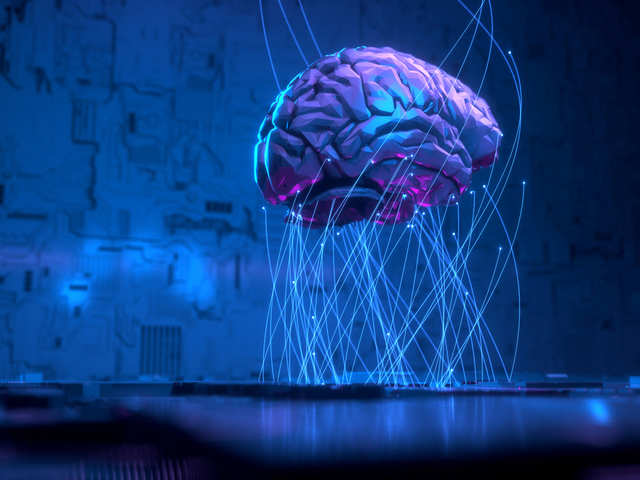A stroke is a medical emergency. Symptoms of stroke include trouble walking, speaking and understanding, as well as paralysis or numbness of the face, arm or leg. There are two main causes of stroke: a blocked artery (ischemic stroke) or leaking or bursting of a blood vessel (hemorrhagic stroke). Some people may have only a temporary disruption of blood flow to the brain, known as a transient ischemic attack (TIA), that doesn't cause lasting symptoms.
In medicine, a loss of blood flow to part of the brain, which damages brain tissue. Strokes are caused by blood clots and broken blood vessels in the brain. Symptoms include dizziness, numbness, weakness on one side of the body, and problems with talking, writing, or understanding language.
A stroke, sometimes called a brain attack, occurs when something blocks blood supply to part of the brain or when a blood vessel in the brain bursts. In either case, parts of the brain become damaged or die. A stroke can cause lasting brain damage, long-term disability, or even death.
Signs and symptoms of a stroke in both men and women include: Sudden weakness or numbness on one side of your face or in one arm or leg. Loss of vision, strength, coordination, sensation, or speech, or trouble understanding speech. These symptoms may get worse over time.
It can cause lasting brain damage, long-term disability, and even death. If you notice the symptoms of stroke, call 911 right away. The sooner you get treatment, the better your chances of surviving and making a full recovery.
